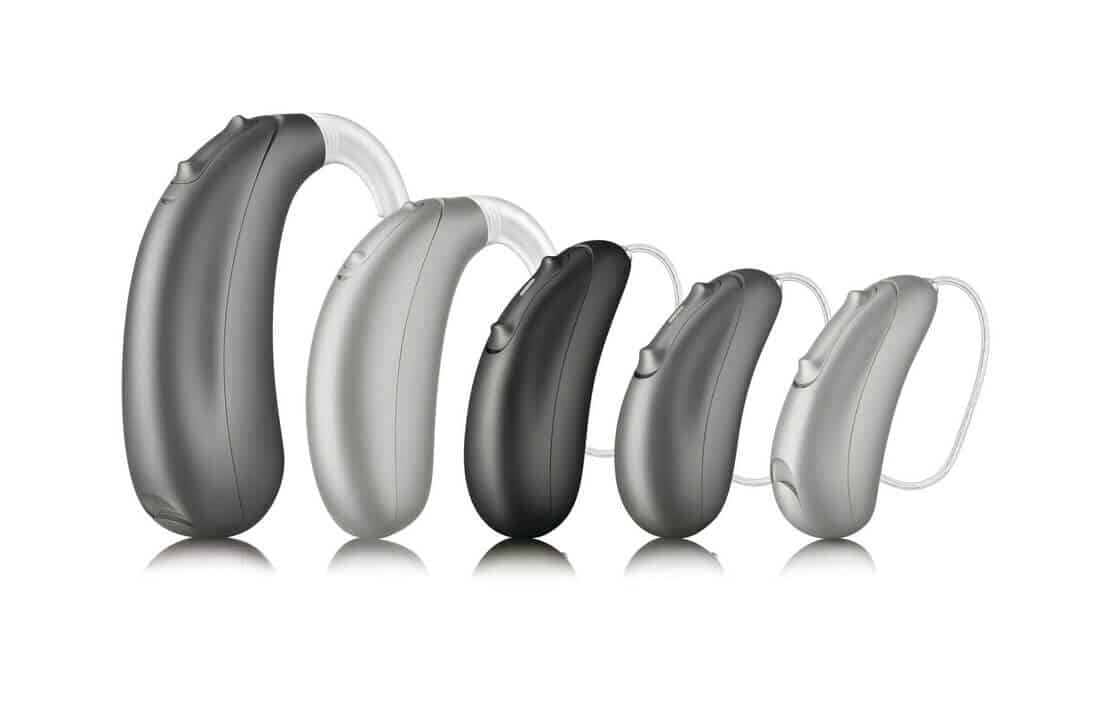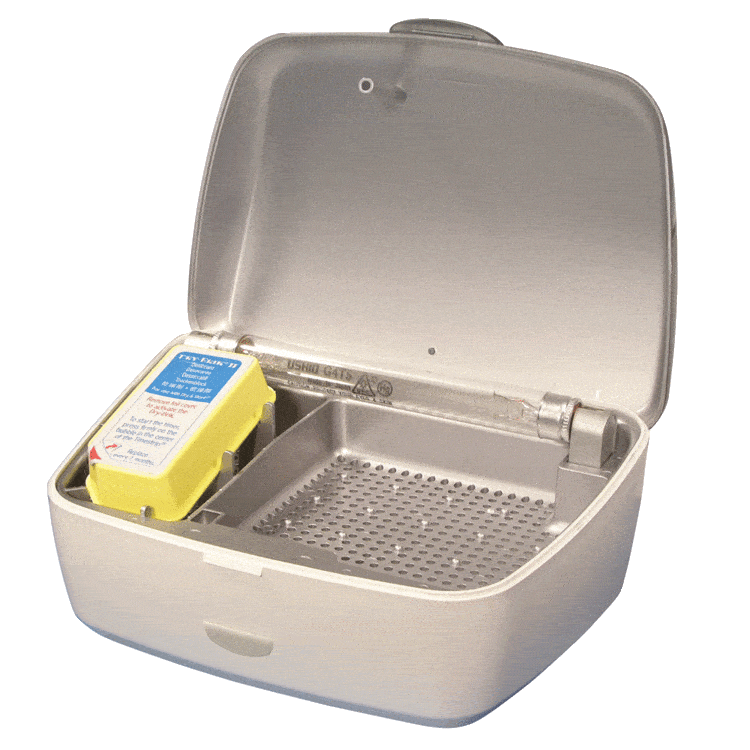0% financing available. Up to 3-year loss and damage guarantee.
Maintenance Guide
for new hearing aid wearers
Congratulations!
You’ve just gotten your first pair of hearing aids and are well on your way to better hearing health. Hearing aids require a period of adjustment, after which you will come to rely on them to connect you to the world around you.
As with all sensitive electronic devices, hearing aids require a level of daily maintenance and care to ensure optimal function. Your hearing specialist will have provided you with specific information and tools to provide daily care for your hearing aids. Here, we offer you a general maintenance guide for your hearing aids to ensure that they are in the best working order for you!

Storage
Most people will take their hearing aids out and store them at night while they sleep. This is advisable, as tossing and turning in your sleep could potentially damage your hearing aids.
When storing your hearing aids, place them gently in a padded container. Store this container out of reach of children and pets, as their small parts could pose choking hazards.
Moisture is the number one enemy of hearing aids! While storing your hearing aids, keep them in a cool, dry space – such as a drawer in your bedroom. Avoid storing your hearing aids in the bathroom – though it may be tempting as a part of your morning/night time routine – as bathrooms can become very humid and damp.
If you are removing your hearing aids outside of the house, remember to store them in a cool dry space as well. For example, you’ll want to avoid storing your hearing aids in the car, where temperatures can rise quite high and thus damage your aids.
Cleaning
When cleaning your hearing aids, remember – do not use water! Water will damage your hearing aids. Use a clean, soft, dry cloth to wipe down your hearing aids. If you have hearing aids that may be taken apart, follow instructions provided by your hearing specialist. Behind-the-ear and receiver-in-canal hearing aids come with plastic tubing as a part of their function. Use these tools provided by your hearing specialist to clean these components. Avoid taking your hearing aids apart, as this void any warranty you have and also could lead to damage.
How to change wax guards
Travel
When traveling with hearing aids, remember to bring extra batteries, proper storage containers, and your cleaning tools. You will also want to come visit us at Advanced Tech Hearing before your trip for a simple tune-up to make sure your aids are in proper working condition before you travel.
If you plan to go to a humid climate, you may want to invest in a dehumidifying unit. These are simple to use – you just place your hearing aids in the unit overnight and they’ll remove any moisture accumulated throughout the day.

Batteries
Some hearing aids use traditional lithium batteries, which means they will need to be replaced several times a month – depending on usage and energy consumption of your hearing aids. Your hearing specialist will let you know the best type of battery for your specific hearing aid.
When not using the hearing aid, open the battery door on the aid to let out moisture. This is good for the battery, as well as the hearing aid. Avoid storing hearing aid batteries in the refrigerator, and also do not remove any stickers on the batteries until it is time to insert them in the aid.
You will want to check your batteries in the morning to ensure your hearing aids are charged and working. Because we come to rely on hearing aids to connect us to the world around us, remember to keep a spare set of batteries with you when you are out and about.
If you use rechargeable hearing aid batteries, you will have a hearing aid charging station. With these devices, you simply place your hearing aids in the charging station when you go to bed at night and wake up to fully charged batteries. Rechargeable hearing aid batteries may need to be replaced once or twice a year.
Hearing Aid Repair and Maintenance
If you find that your hearing aids are malfunctioning, please avoid trying to repair them on your own. Taking apart your hearing aids may damage them and also void any warranty available. Schedule a visit with us at Advanced Tech Hearing to have one of our hearing instrument specialists take a look at your hearing aids.
It is also important to schedule routine cleanings for your hearing aids. Our trained hearing instrument specialists are able to provide deep cleanings for your aids to ensure their proper working condition.
